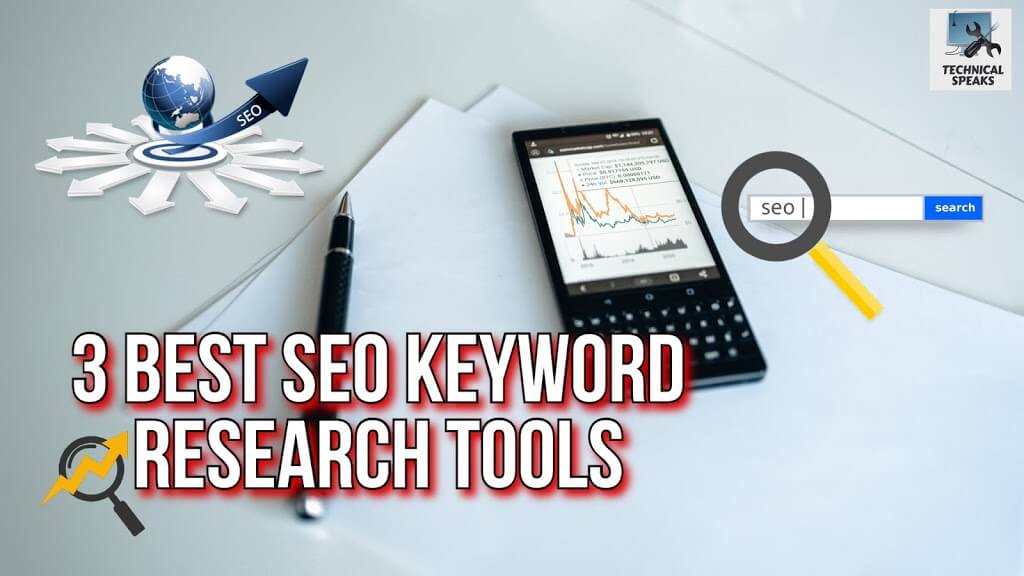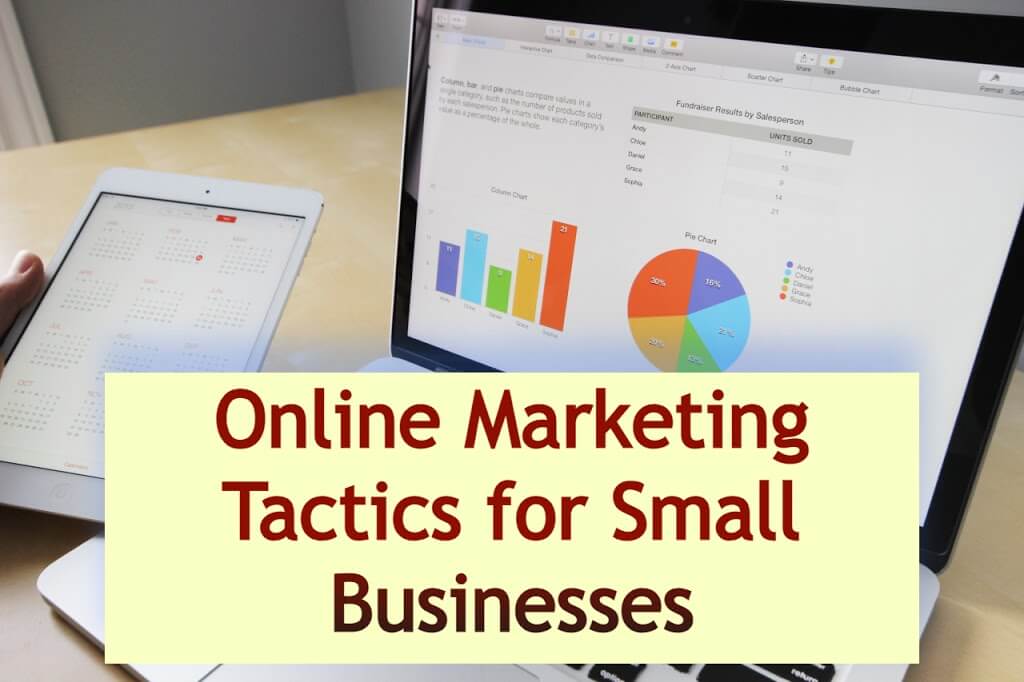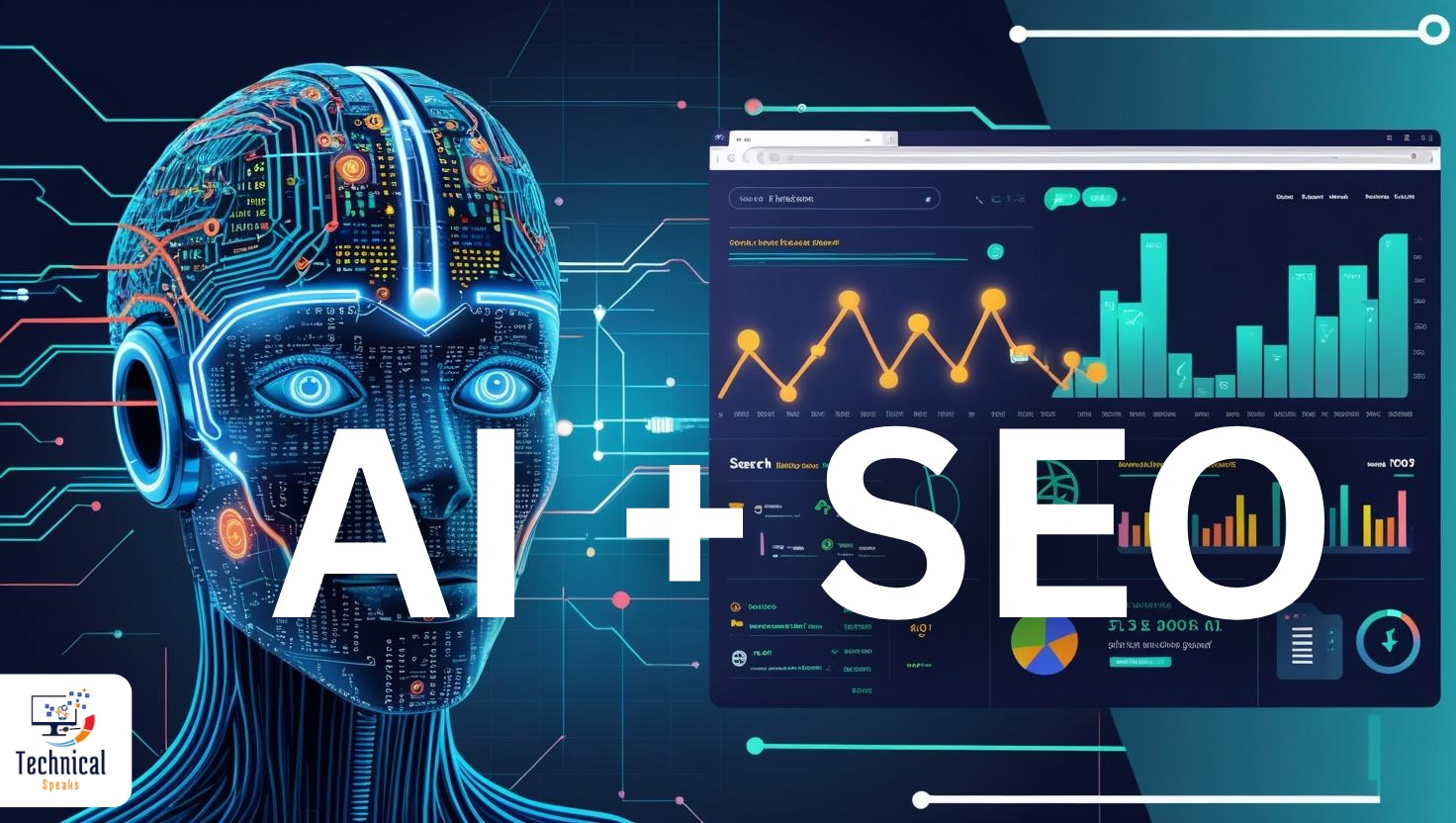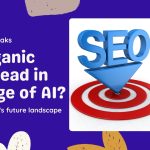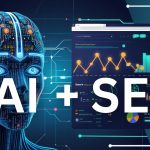In today’s digital competitive space, simply having a website isn’t enough. If you are a business owner, startup founder, or service provider needing consistent visibility on search engines, knowing the evolving role of Artificial Intelligence in SEO is no more optional, it’s essential.
Welcome to the industry of AI SEO, where search engine optimization gets connected with machine learning, predictive algorithms, and automation to structure how websites rank and convert. But what is AI SEO, and why should it be your next big focus? Let’s understand this cutting-edge topic that’s understanding the future of online success.
What is AI SEO?
AI SEO, or Artificial Intelligence Search Engine Optimization, is the application of machine learning, natural language processing (NLP), and AI-powered tools to improve a website’s search engine ranking.
Traditional SEO relies heavily on human effort, manual keyword research, backlink building, and content optimization. AI SEO engages these activities with automation, predictive analysis, and real-time learning. It doesn’t just follow rules; it understands context, user intent, and even sentiment. This shift marks a significant change in the future of organic SEO, where human strategy blends with AI-powered precision to deliver smarter results.
Key Features of AI SEO Include:
- Automatic keyword clustering & topic creation
- Real-time content optimization on SERP trends
- AI-driven competitor detailed report
- Predictive SEO insights (what next will rank, not just what is ranking)
- Voice and visual search optimization
- Content personalization on searcher intent
Like others, tools like Surfer SEO, Frase, MarketMuse, and Clearscope use AI to suggest content improvements that align with Google’s ranking algorithms.
Why AI SEO Matters
The competition for top ranking search results is better than ever. Do You Know? Your audience is smarter, Google’s algorithm is regularly evolving, and the span of internet users is shrinking somewhere.
Here’s why AI SEO is a game-changer:
1. Works on Ranking with Data-Driven Decisions
AI SEO tools process huge amounts of data in seconds. From keyword intent to content gaps and semantic relationships, AI knows what your content needs to succeed. This means faster, more result-oriented decisions and optimized results.
2. Saves Time and Eliminate Manual Effort
Generating a detailed SEO strategy will take weeks. AI eliminates that timeline drastically. With automated content audits, keyword clustering, and AI writing assistants, you and your team can focus on strategy and creativity while machines handle repetitive tasks.
3. Real-Time SERP Adaptation
Search engine algorithms are dynamic. AI tools monitor and adapt according to changes quickly, giving your content the best shot at remaining relevant and ranking high.
4. Hyper-Personalized Content
AI can analyze user behavior and optimize content accordingly. The result? More engagement, better user experience, and higher chances of conversions.
5. Voice Search & Visual Content Optimization
Like these tools Google Lens and Alexa Search becoming mainstream, AI SEO equips your website for the future of search voice queries and image-based searches.
Transition of SEO in the Age of AI
To understand where we are headed, we must reflect on where we came from.
Traditional SEO vs. AI-Powered SEO
| Aspect | Traditional SEO | AI SEO |
| Keyword Research | Manual, spreadsheet-based | Automated, NLP-driven |
| Content Optimization | Based on human insights | Based on SERP & competitor data |
| Analytics | Retrospective | Predictive & real-time |
| User Intent | Assumed | Understood via AI |
| Speed | Time-consuming | Rapid and scalable |
The SEO world has shifted from a rule-based system to a dynamic, learning-based environment. Google’s own AI systems like RankBrain, BERT, and MUM are changing how content is ranked and understanding the quality, context, and relevance over mere keyword stuffing.
This indicates your SEO strategy must evolve to meet AI with AI.
Generative Engine Optimization (GEO): The Time of AI SEO
As AI-generated content becomes more prevalent, a new term has emerged Generative Engine Optimization (GEO).
GEO is for optimizing your content not just for traditional search engines, but for AI-based engines and chatbots like:
- ChatGPT (OpenAI)
- Google Gemini
- Microsoft Copilot (Bing Chat)
- Perplexity AI
These platforms don’t only understand the search results like Google; they generate answers. So, your content needs to be discoverable, verifiable, and trustworthy to be cited or summarized by these tools.
How to Use GEO:
- Structured, factual content – AI wants clear, accurate information with citations.
- Use schema markup – Understand AI the structure of your content.
- Focus on E-E-A-T (Experience, Expertise, Authoritativeness, Trust) – These steps boost your chances of being picked by AI engines.
- Optimize for featured snippets and FAQs – These are pulled directly by AI engines.
GEO isn’t replacing traditional SEO, it’s expanding it.
Use Case: AI SEO in Action
For example you run a digital marketing agency for small businesses. You are trying to outrank your competitors in a local market.
Understand how AI SEO helps:
- Use AI keyword tools to discover untapped keywords like “affordable SEO for local dentists.”
- With content analysis tools, discover which type of blog formats and word counts are performing well.
- Adding AI writing assistants to generate optimized content outlines or even draft content.
- Execute AI analytics to monitor performance in real-time and adapt based on bounce rates, time-on-page, and keyword rankings.
This time, you get higher-quality content with better targeting and improved performance.
In End: Why Business Needs AI SEO Today
Whether you are starting a startup, scaling your services, or maintaining your market edge, AI SEO is the tool you didn’t know you needed.
It enhances your visibility, improves ROI, and helps you stay ahead of search trends. And in a world where digital competition is relentless, that edge can be the difference between growth and stagnation.
Don’t treat AI as a threat to SEO, it’s a catalyst. By embracing AI-powered strategies, you’re not just adapting to the future, you’re leading it.
Key Takeaways
- AI SEO uses artificial intelligence to automate and improve traditional SEO strategies.
- It helps businesses make data-driven decisions, enhance personalization, and stay agile in a constantly changing algorithmic landscape.
- GEO (Generative Engine Optimization) is the next frontier, targeting AI chatbots and generative engines.
- Investing in AI SEO is not a luxury but a necessity for businesses aiming to grow digitally in 2025 and beyond.
FAQs
1. Is AI SEO suitable for small businesses or startups?
Absolutely. AI SEO tools are often scalable and budget-friendly. They help smaller businesses compete with larger players using smart automation and optimization.
2. Does AI SEO replace human SEO experts?
No. AI SEO enhances the capabilities of SEO experts by automating routine tasks and providing deep insights, freeing up time for strategy, creativity, and business goals.
3. What are some good tools to start with AI SEO?
Tools like Surfer SEO, Frase, Jasper AI, MarketMuse, and Clearscope are excellent for beginners and professionals alike.
4. Will AI-generated content hurt my SEO?
Not if used ethically and strategically. Combine AI writing with human editing to ensure quality, originality, and alignment with Google’s E-E-A-T guidelines.


